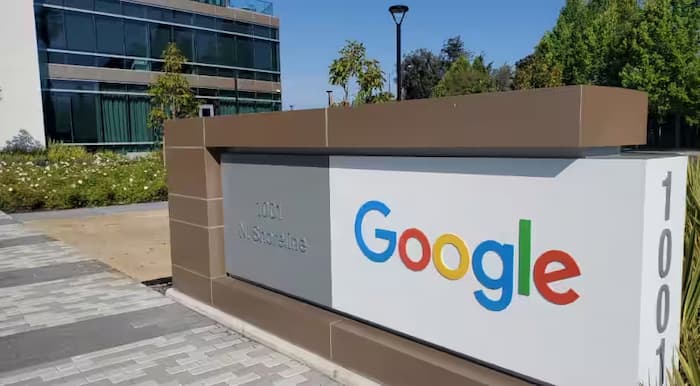This Friday, Your Disused Gmail Account Could Be Permanently Deleted
Do you no longer use your Gmail account? Now is the moment to act. If not, as early as Friday, December 1, your inactive Gmail account

Do you no longer use your Gmail account? Now is the moment to act.
Do you no longer use your Gmail account? Now is the moment to act. If not, as early as Friday, December 1, your inactive Gmail account may be permanently deleted. According to recent reports from a variety of media sources, the action is a part of Google’s new security policy and targets accounts that have not been used for at least two years.
Google will now routinely deactivate accounts that haven’t been used for two years or more under the revised policy. All information in the account, including private emails, priceless papers, and unguarded images and videos, is lost once it is destroyed. Data stored in Google Drives, old Gmail accounts, and other obscure locations on Google’s servers may have to say goodbye with this.
Google first declared in May that it will remove Google accounts that had not been used for the previous two years, along with any related emails and data. This update will go into effect in December, providing customers with a short window of time to save any important data they might have forgotten, according to Forbes.
Google intends to carry out the account deletion procedure gradually, beginning with accounts that were made but never utilized. Before deleting an account, the firm guarantees that it will send several notifications to the recovery email associated with the dormant account.
How to Get Your Google Account Back in Order Before It’s Too Late
Just sign in to your Google account to reactivate it, so you don’t lose any connected data. As per Google’s policy, if you do things like read an email or use Google Drive, the account will remain active for an extra two years.
Google emphasized that the goal of this policy is to improve user security because dormant accounts are more vulnerable to hacking. According to the business, accounts that have been forgotten frequently have old passwords and might not have two-step verification or other security features, which leaves them more open to potential hackers.
“These accounts are often vulnerable, and once an account is compromised, it can be used for anything from identity theft to a vector for unwanted or even malicious content, like spam,” Google executive Ruth Kricheli wrote about the decision.




